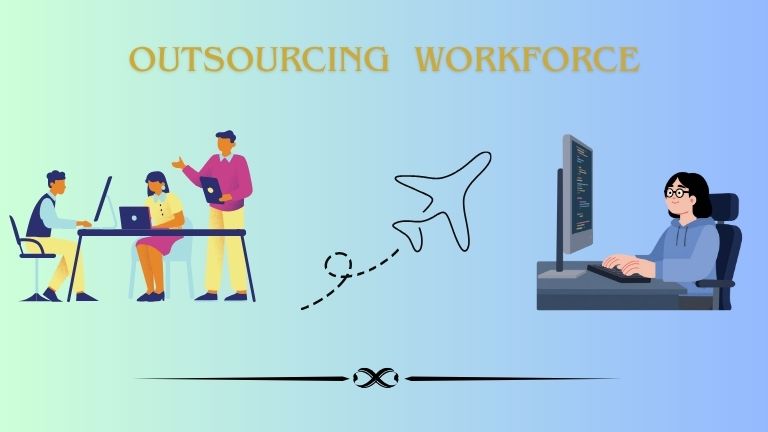
Running a business in the 21st century means plenty of different things than it did before. Sure, some principles still remain the same, such as the fact that you still have to worry about profits, and that you still have to ensure that your workforce is happy in order for them to remain at your company. But some strategies have changed, and outsourcing workforce needs, for example, has become a rather popular option nowadays.
Like all other strategies, this one, of course, also comes with its own advantages and disadvantages. Meaning, thus, that there are both pros and cons to outsourcing your workforce needs, that is, your HR. Meaning further that you need to get acquainted with those in order to be able to weigh out all the pros and the cons, and ultimately decide whether you want to use this option to your advantage or not.
The fact that you are here tells me that you are thinking about it. But, it also further tells me that you don’t want to jump towards anything, and that you, instead, want to act responsibly, and not make any hasty business-related choices. That is absolutely a good thing, since you do need to think clearly and act responsibly instead of impulsively when running any kind of business. Let us, therefore, now talk about the pros and the cons, both, hoping to help you make up your mind.
The Pros of Outsourcing Your Workforce Needs
We are going to begin with the pros. What exactly is it that can you get if you decide to outsource your workforce needs? What kinds of advantages does this option bring to the table? It is time for you to find out, as that is sure to help you more easily make up your mind and make your final decision on what to do about this.
First things first, when you do this, you may actually save money, and that is the biggest pro, and it is often enough for most companies to make their decision to do this. If you click here, you will realize that a great HR partner will handle everything workforce-related for you from scratch, which can cut a lot of costs. Such as those costs related to recruiting, training, and onboarding. Sure, you’ll pay a fee to these professionals, but you’ll pay for exactly what you’re getting, which is much more affordable than having an entire in-house HR team to deal with workforce needs and to have to pay them monthly salaries.
Furthermore, when you partner up with great professionals, you will absolutely have access to great expertise. Meaning what exactly? Well, in short, this means that you may get access to better-qualified employees, because you may not be able to find them on your own, as well as to the perfect software solutions that will make workforce management much easier for you.
All of this, as you can probably understand already, is sure to increase the speed of filling the vacant positions. Additionally, it will also increase retention, since the professionals will ensure that your employees are getting their requirements met, which will then motivate them to stay on, instead of leaving you for a competitor. This is, without a doubt, another important benefit, and it can also cut costs, since you won’t have to onboard and train new employees every so often.
Finally, by outsourcing these needs to professionals, you and your team will get to focus more on core operations. This is sure to make everyone more productive, as well as to ultimately lead to higher profits and to greater success. So, in short, outsourcing workforce needs can really help you succeed, as long as you partner up with the right company.
The Cons of Outsourcing
Now that you’ve understood the pros, you’ve probably started more seriously wondering whether you should outsource your HR needs, and you’re most likely a bit closer to making a final decision. Yet, you want to know what the cons are as well before deciding. And, there are some, as with any strategy.
For starters, working with third-party providers can sometimes create some communication challenges, as well as delays due to time differences and lack of availability. This can be easily resolved through partnering up with great professionals and establishing availability and checking responsiveness in advance. Poor communication can affect your business negatively, so you want to avoid this.
Furthermore, if you don’t partner up with the right firm, you may increase data breach risks, because outsourcing involves sharing sensitive data with a third party. As you can see, though, all of these cons and risks can be avoided through finding a trusted and reliable partner. So, if you do decide to outsource, take your time to choose the right company.


